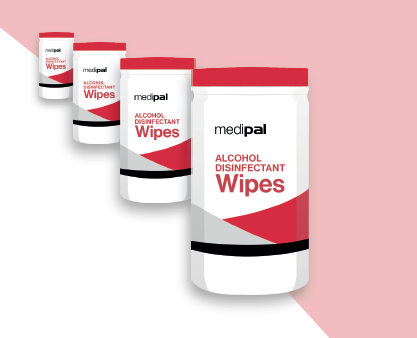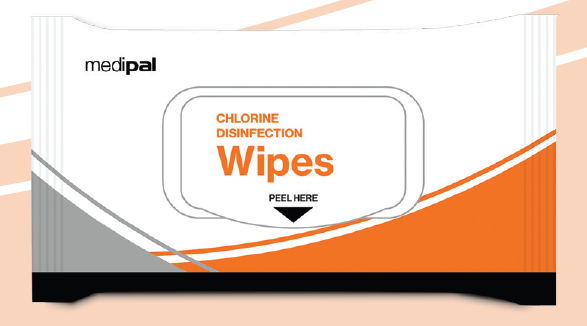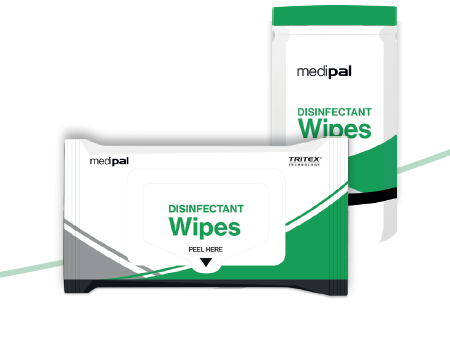Now, more than ever, we’re all aware of the risks and likelihood of spreading bacteria.
The covid-19 pandemic has forced us to take a good look at hygiene practices both inside and out the home, and with so many different people in one space it’s no surprise that your workplace can be somewhat of a health hazard.
It’s never a pleasant thought learning that the kettle, computer, or desk you use on a daily basis can be a breeding ground for bacteria. But, armed with this information you can begin tackling germs and reducing the risk of infection for yourself and your colleagues.
To help you navigate through a clean and healthy day at work, we’ve taken a look at the key areas where germs can lurk.
First up in this two-part series, we’re looking at your commute and desk space.
LET THE COMMUTE COMMENCE
Whether by car, train, tube, or foot, your journey to work can mean coming face to face with thousands of bacteria.
TRAINS AND BUSES
Public transport, such as trains, can be amongst the dirtiest places you can find yourself. This is largely in part down to the volume of people who use transport systems daily, and the fact that 60% of people who travel while sick don’t use cleaning wipes to disinfect surfaces they’ve touched throughout their travels.
4.32 billion local bus journeys were taken in England across 2019, featuring many different passengers each with their own body flora. Stop buttons, grab handles, and busy commuting periods all create a huge variety of germs that exist on transport surfaces. To limit your risk of picking up and spreading germs, carry an alcohol-based hand gel with you for use before and after your journey. Also, be tactical about where you sit, check for any obvious soiling of a seat before sitting down and if possible leave as much room as you can between yourself and other passengers.
CARS
Even travelling solo isn’t without its risks, as our cars are subjected to a lot of unsanitary moments. From sneezing while driving to eating and spilling crumbs, bacteria builds up and despite using them every day, our cars rarely get cleaned as often as our homes. We tend to jump in the driving seat straight after touching door handles or unclean surfaces, meaning that whatever germs we hold on our hands get transferred to the steering wheel, gear stick, and indicators. Similarly, your air conditioning vents can hold moisture, making it a humid space for germs to thrive in. Keeping antibacterial gel, with at least a 70% alcohol content, in your car can help dramatically reduce germs spreading. As can steaming your seats and regularly using antibacterial wipes on all surfaces within the car.
GETTING DOWN TO BUSINESS
As well as being home to your productivity, your desk can also be home to hundreds of thousands of germs.
COMPUTERS AND KEYBOARDS
A 2008 microbiology study found that out of 30 keyboards, four harboured harmful bacteria that could cause an illness. Between contact with unwashed hands to food and debris caught under the keys, your laptop or computer keyboard can hold many nasty things. Washing and drying your hands, and routinely using antibacterial wipes on your keyboard can drastically reduce your chances of spreading germs.
When it comes to your computer mouse, it’s likely to hold over 1,600 bacteria per square inch. This number gets particularly scary should you be hot desking or sharing equipment, so regular hand sanitising and wiping down of equipment is essential.
DESKS
Finally, a survey found that the bacteria Staphylococcus was present on 60% of desks. So if chewing your pen is something you absent-mindedly do, try to break the habit sharpish. As well as ingesting bacteria from other people’s hands, the pen may have been dropped on the floor or have sat on your desk’s surface.
Regularly eat at your desk? In an ideal world we’d have time and space to break out and have some food. However, if you need to power through your work during lunch be sure to wash your hands before you eat, and clean your desk with antibacterial wipes after.






